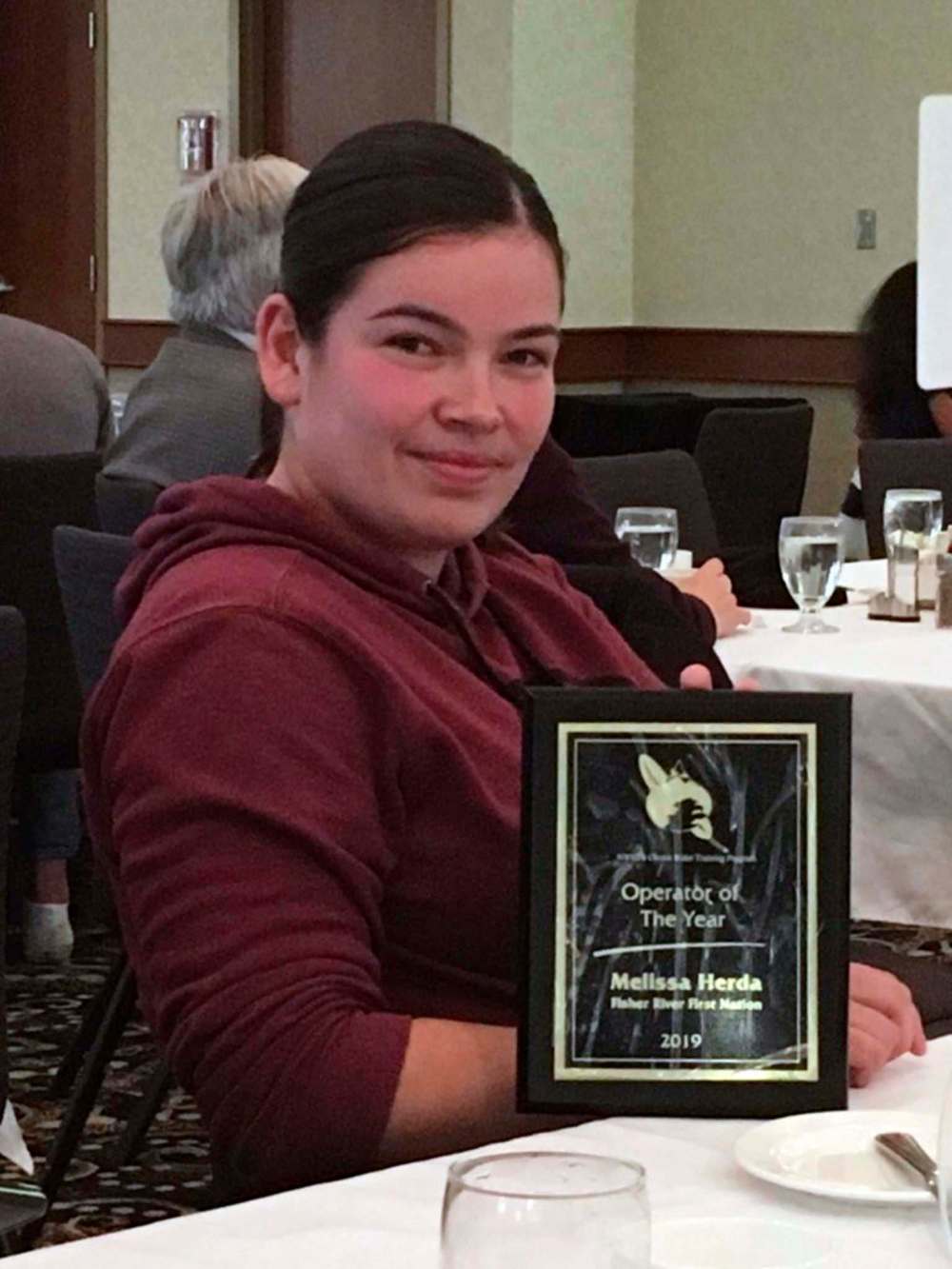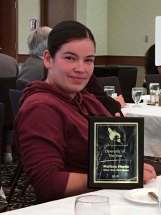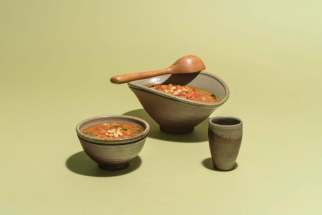Community pride: commitment to First Nation water protection honoured
Read this article for free:
or
Already have an account? Log in here »
To continue reading, please subscribe:
Monthly Digital Subscription
$0 for the first 4 weeks*
- Enjoy unlimited reading on winnipegfreepress.com
- Read the E-Edition, our digital replica newspaper
- Access News Break, our award-winning app
- Play interactive puzzles
*No charge for 4 weeks then price increases to the regular rate of $19.00 plus GST every four weeks. Offer available to new and qualified returning subscribers only. Cancel any time.
Monthly Digital Subscription
$4.75/week*
- Enjoy unlimited reading on winnipegfreepress.com
- Read the E-Edition, our digital replica newspaper
- Access News Break, our award-winning app
- Play interactive puzzles
*Billed as $19 plus GST every four weeks. Cancel any time.
To continue reading, please subscribe:
Add Free Press access to your Brandon Sun subscription for only an additional
$1 for the first 4 weeks*
*Your next subscription payment will increase by $1.00 and you will be charged $16.99 plus GST for four weeks. After four weeks, your payment will increase to $23.99 plus GST every four weeks.
Read unlimited articles for free today:
or
Already have an account? Log in here »
Hey there, time traveller!
This article was published 06/11/2019 (2227 days ago), so information in it may no longer be current.
When it comes to protecting water, Melissa Herda is in a class of her own.
The Fisher River Cree Nation resident is the only woman with Level 2 certification to run both a water and wastewater treatment plant on a reserve, and possibly the only one in Manitoba. The 28-year-old never expected the accolades she’s receiving provincially and nationally for a job she enjoys in a community she loves.
“I like my job. It’s challenging, and we’re continuously learning,” Herda said.

Earlier this year, she was named operator of year at the 14th annual Water & Wastewater Symposium in Winnipeg. The award is presented by the Manitoba First Nation Water and Wastewater Instruction Program, with the recipient chosen by all the instructors.
“We’re pretty proud of her,” said Ken Mattes, senior instructor with Circuit Rider Training — Manitoba.
Circuit Rider works for the West Region Tribal Council, training water and wastewater treatment plant operators.
“She’s talented, smart and young,” Mattes said.
Later this month, Herda will be recognized by the Assembly of First Nations at an event in Toronto. The young Level 2 operator said being the only woman on the job or in the training room isn’t a problem.
“You get used to it,” said Herda, who was born and raised in Fisher River, 220 kilometres north of Winnipeg.
She liked to work with her hands, and enjoyed math and science in school. “I knew I wanted to get into trades.”
Herda was considering attending Red River College in Winnipeg, when she heard about a hands-on, local job opening.
“I started off driving the water truck, and helping with whatever they need with the water plant,” she said. “I started after high school.”
When the First Nation posted a full-time position for water plant operator, Herda went for it. She learned on the job and with Circuit Rider instructor Al Yascheshyn, receiving training in Fisher River and in Winnipeg, via RRC. She passed Level 1 in 2017, and Level 2 for both water and wastewater this year.

She and three co-workers are responsible for the community’s $16-million, state-of-the-art water and sewage treatment plants and lagoon (replacing individual wells and septic fields). The new sewage plant has an innovative system for removing phosphorus from wastewater to protect nearby Lake Winnipeg, according to Fisher River’s website.
“If we were to have a break down or something, we have to be able to make adjustments and figure it out,” said Herda. “We have to be ready and on call if anything happens.
“So far, there’s been nothing major. We fix 95 per cent of everything ourselves… Our main concern is to have potable drinking water for our community.”
In January 2018, then-Indigenous services minister Jane Philpott said the federal government was taking further steps to end long-term drinking-water advisories on reserves. Last month, Ottawa said 87 such advisories at First Nations had been lifted since November 2015, but 57 remain.
Herda said she’s thinking about earning her Level 3 water and wastewater certification, but has no plans to leave Fisher River — a community of 1,473 that grew by 27 per cent between 2011 and 2016, census figures show.
“I love my community.”
carol.sanders@freepress.mb.ca

Our newsroom depends on a growing audience of readers to power our journalism. If you are not a paid reader, please consider becoming a subscriber.
Our newsroom depends on its audience of readers to power our journalism. Thank you for your support.










